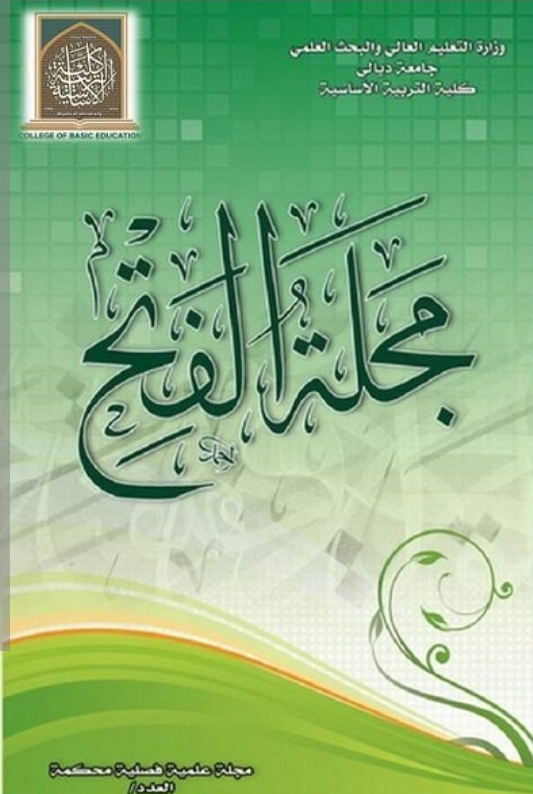Analyze the behavior of administrative managers in secondary schools in times of crisis from the perspective of teachers
Abstract
It is imperative for administrators and educational leaders to practice their activities in unstable environments, and they influence and are affected by changing political relations, economic and social fluctuations, and the extent of adherence to the constants of the profession to achieve the goals of the educational institution. (Joseph p. 17). It must be recognized that there are many new challenges imposed by the circumstances of the times and its rapid developments, which led to the necessity of continuous review of the goals of educational institutions and their work programs in order to be able to meet the emerging needs that reflect their effects on all workers within the educational institution (Al-Alaq, p. 21). And that these institutions are in dire need of leadership specifications in terms of the ability and ability of the leader to work in various circumstances and pressures in order to face the problems and crises that occur as a result of the material, human and political changes that affect the educational process. It is necessary to draw up policies that keep pace with developments and changing conditions that prevent the achievement of the educational process. For its goals (Al-Mashi, p. 16). Every school principal is like an executive officer for the organization who can direct it in the direction that changes the path drawn by the organization, and this requires behaviors by leaders in order to be successful in managing people and helping them to provide the best services. In the distant past, this requires different skills that depend on ideas, values, and systems, and this is what Carter talked about, that there are five elements of success that characterize the leader (speed, focus, renewal, friendship, and self-confidence) that make the organization’s members accept the process of change and keep pace with events and crises. With high confidence (Harvard p. 12).
Downloads
Published
How to Cite
Issue
Section
License

This work is licensed under a Creative Commons Attribution 4.0 International License.
حقوق النشر والترخيص
تطبق مجلة الفتح للبحوث التربوية والنفسية ترخيص CC BY (ترخيص Creative Commons Attribution 4.0 International). يسمح هذا الترخيص للمؤلفين بالاحتفاظ بملكية حقوق الطبع والنشر لأوراقهم. لكن هذا الترخيص يسمح لأي مستخدم بتنزيل المقالة وطباعتها واستخراجها وإعادة استخدامها وأرشفتها وتوزيعها ، طالما تم منح الائتمان المناسب للمؤلفين ومصدر العمل. يضمن الترخيص أن المقالة ستكون متاحة على نطاق واسع بقدر الإمكان وأن المقالة يمكن تضمينها في أي أرشيف علمي.
لمزيد من المعلومات، يرجى متابعة الرابط: https://creativecommons.org/licenses/by/4.0/.



